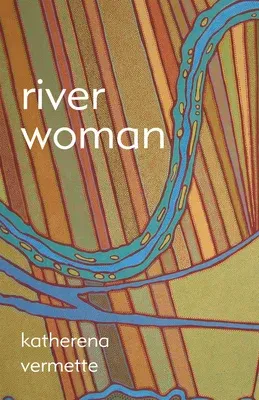Governor General's Award-winning Métis poet and acclaimed novelist
Katherena Vermette's second collection, river woman, explores her
relationship to nature -- its destructive power and beauty, its
timelessness, and its place in human history.
Award-winning Métis poet and novelist Katherena Vermette's second book
of poetry, river woman, examines and celebrates love as decolonial
action. Here love is defined as a force of reclamation and repair in
times of trauma, and trauma is understood to exist within all times. The
poems are grounded in what feels like an eternal present, documenting
moments of clarity that lift the speaker (and reader) out of the
illusion of linear experience. This is what we mean when we describe a
work of art as being timeless.
Like the river they speak to, these poems return again and again to the
same source in search of new ways to reconstruct what has been lost.
Vermette suggests that it's through language and the body ― particularly
through language as it lives inside the body ― that a fragmented self
might resurface as once again whole. This idea of breaking apart and
coming back together is woven throughout the collection as the speaker
contemplates the ongoing negotiation between the city, the land, and the
water, and as she finds herself falling into trust with the ones she
loves.
Vermette honours the river as a woman ― her destructive power and
beauty, her endurance, and her stories. These poems sing from a place
where "words / transcend ceremony / into everyday" and "nothing / is
inanimate."

